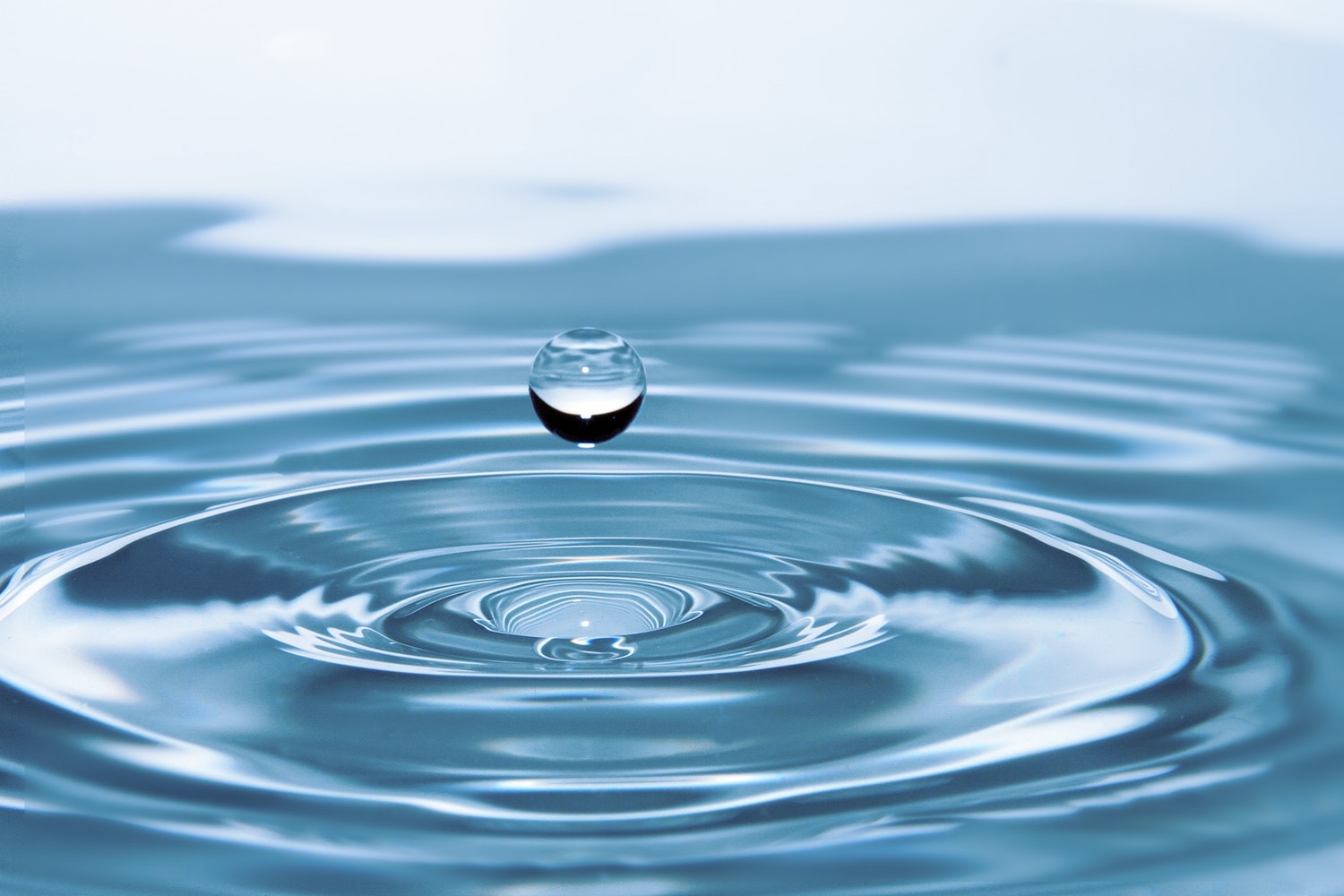Contacting us does not create an attorney-client relationship.

Camp LeJeune is a Marine Corps Base in Jacksonville, North Caroline. From at least 1953 to 1987, members of the military, their families, and contractors were exposed to excessive levels of toxins in the drinking water at Camp LeJeune.
The military dumped and buried solvents near water wells for decades. Analysis from the Agency for Toxic Substances and Disease Registry (ATSDR) has determined that by August of 1953, the drinking water at Camp LeJeune was contaminated by dangerous chemicals. In 1974, the base issued an order requiring the safe disposal of solvents, noting that improper handling could contaminate the drinking water.
Despite this, solvents continued to be dumped and buried near base wells. The contamination of water at Camp LeJeune was not officially established until the Environmental Protection Agency (EPA) established safe levels of contamination for chemicals such as THMs, TCE, and PCE in 1979 and 1980. Tests of the drinking water in Camp LeJeune in 1980 and 1981 were inconclusive due to other chemicals that interfered with the results.
By 1982, testing confirmed dangerous levels of contaminants in the water supply from several of the operating water treatment plants. Testing showed concentrations of toxins from 240 to 3,400 times the permitted safe levels of exposure.
From 1982 to 1985, the military found the most contaminated wells at Camp LeJeune and shut them down, closing ten in all. By 1987 the ATSDR determined the water reached safe levels of contamination. Despite knowing of the contamination and taking action to rectify the contaminated water, the Marine Corps did not notify veterans and families of the exposure until 1999, 17 years after the first confirmation of exposure.
Our monthly newsletter features about important and up-to-date veterans' law news, keeping you informed about the changes that matter.